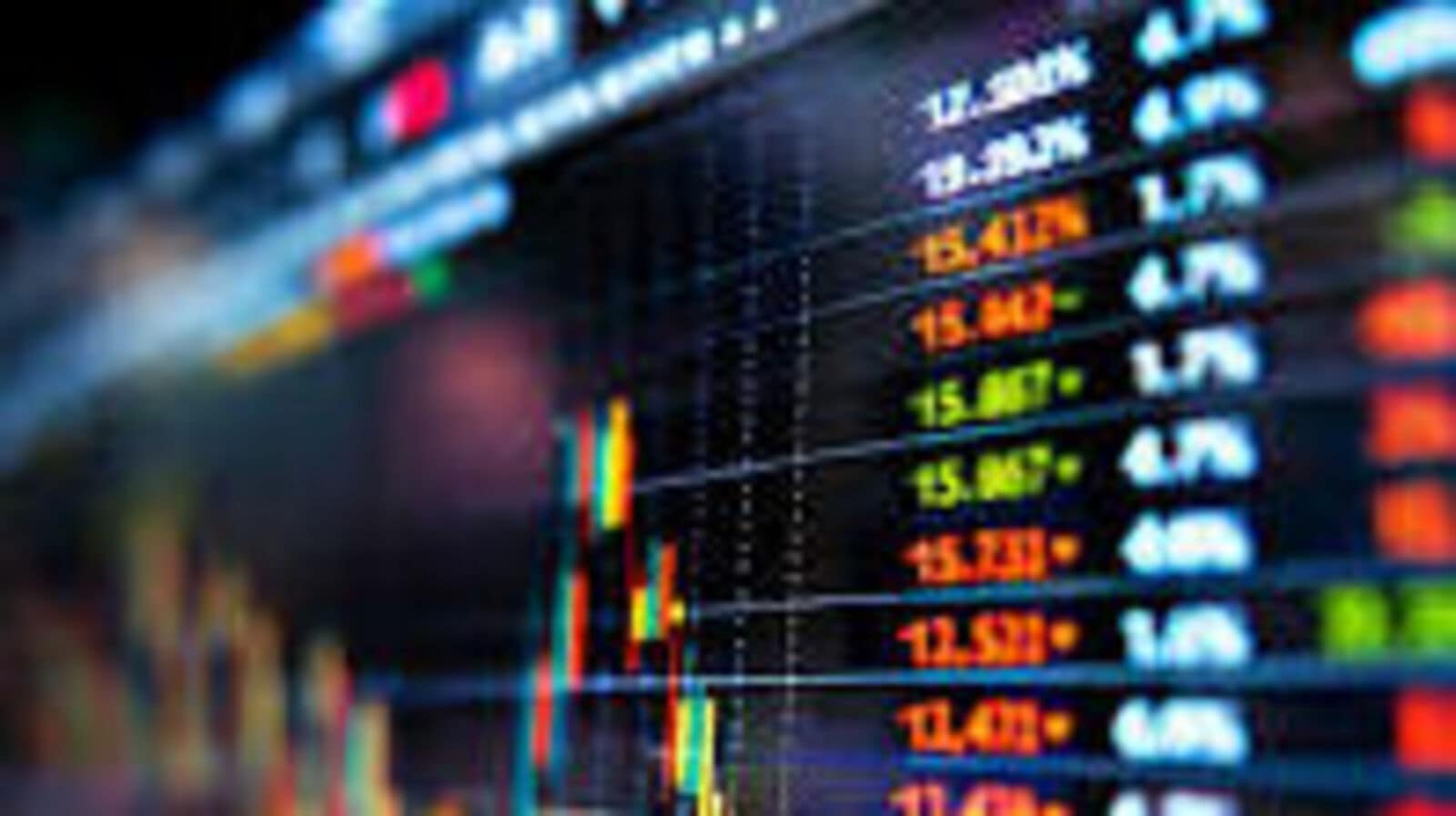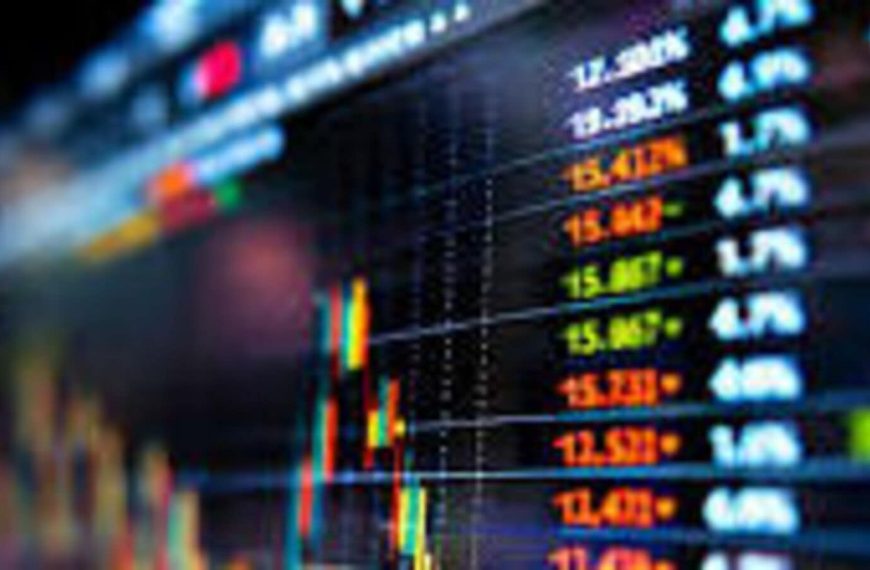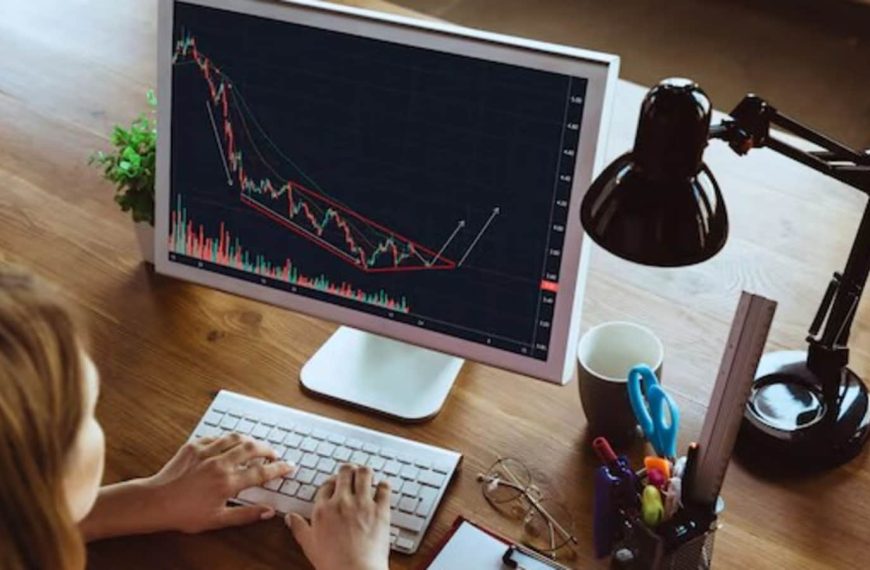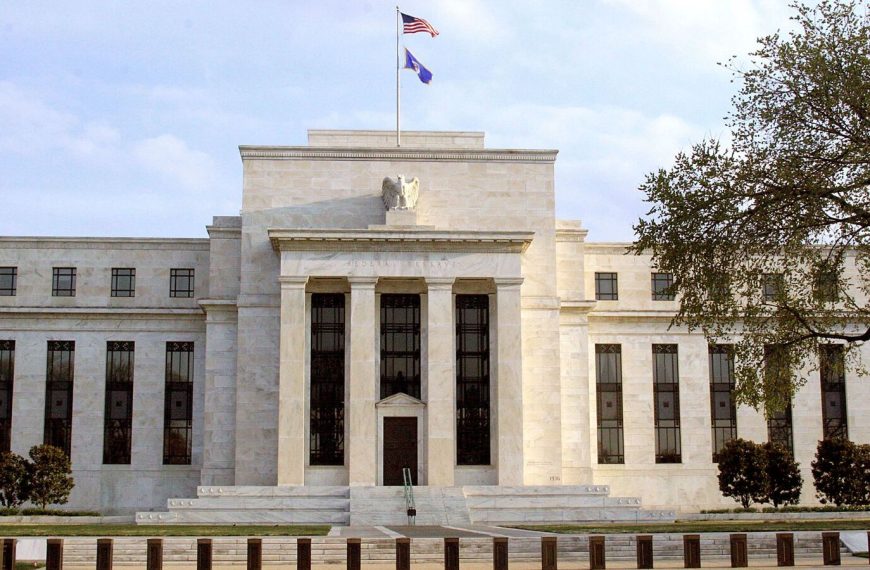The South Korean won has seen a remarkable surge, climbing over 1% against the U.S. dollar on Friday, marking its highest value in five months. This rebound comes amid promising signs of trade negotiations between the United States and China, instilling optimism that tensions between these economic giants may be easing. As the domestic political landscape remains turbulent, this currency shift is capturing attention in the financial markets.
Significant Currency Movement
The won appreciated by as much as 1.63%, reaching 1,404.0 per dollar on the onshore market, a notable recovery after closing at 1,426.9 the previous day. This is the strongest position the currency has held since December 3, 2024, when it fell below the crucial 1,400 mark amidst political turmoil linked to former President Yoon Suk Yeol’s brief attempt to impose martial law.
Political and Economic Influences
Initially, the won faced downward pressure, dipping 0.9% to 1,440.0 in early trading as political uncertainty grew following the resignations of both the prime minister and the finance minister. However, positive developments regarding trade discussions have helped to bolster investor confidence.
- Beijing is currently assessing a proposal from Washington regarding U.S. tariffs, further fueling hopes for de-escalation in trade tensions.
- These two nations represent South Korea’s largest export markets, with automobiles and semiconductors constituting a significant portion of its exports.
Market Reactions
The stock and bond markets remained relatively stable as investors prepared for a four-day holiday. The benchmark KOSPI index saw a modest increase of 3.18 points, or 0.12%, closing at 2,559.79.
In the semiconductor sector, SK Hynix experienced a notable rise of 4.79%, reaching its highest point since April 10. This increase aligns with a surge in exports of high-end semiconductors, particularly those used in artificial intelligence applications.
Conversely, automakers reported a downturn, attributed to a drop in car exports influenced by U.S. tariffs. Battery manufacturers also faced declines, while pharmaceutical companies saw gains in their stock prices.
Bond Market Insights
In the bond market, the yield on the most actively traded three-year Korean treasury bond increased by 1.1 basis points to 2.285%, while the benchmark 10-year yield rose by 0.6 basis points to 2.598%.
The overall sentiment in South Korea’s financial markets is cautiously optimistic, driven by international trade dynamics and domestic political developments. As the situation evolves, investors will be keenly observing the outcomes of ongoing discussions between the U.S. and China, as well as how local political changes may impact the economy.










